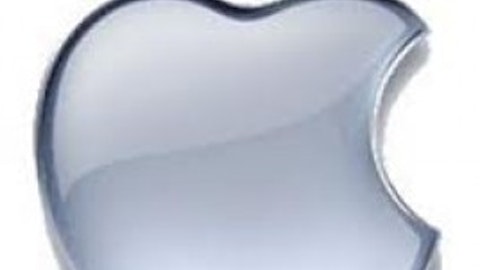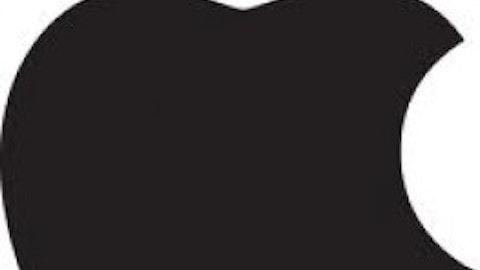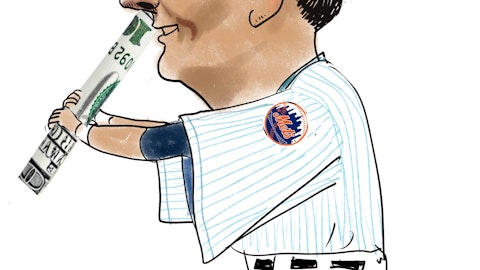Starbucks Corporation (NASDAQ:SBUX) released 2Q results that were better than expected, sending the company up over 8% shortly after financials were made public. The coffee company’s EPS came in at $0.46, compared to $0.37 for the same quarter last year. The strong performance included solid increases in comp sales—global comps were up 6%, and 7% in the Americas alone.
Yet, the positive guidance for 2013 is what really got investors excited. Driving 2013 earnings will be continued international expansion and introduction of new products. The company has already added 700 stores in China and expects to add a total of 1,000 by the end of the year.
Analysts put 2013 EPS estimates at $2.13, and Starbucks increased its guidance to come in between $2.06 and $2.15 a share. Although the company was in retracting mode a few years ago with multiple store closures, it now expects to add a total of 1,300 stores this year, where revenues will be driven by continued same store sales growth, estimated to come in at 5.5%, with the most robust growth coming from China’s comp sales, expected to be up 11%.
Notable Starbucks competitors include Green Mountain Coffee Roasters Inc. (NASDAQ:GMCR), Dunkin Brands Group Inc (NASDAQ:DNKN), Tim Hortons Inc. (NYSE:THI) and McDonald’s Corporation (NYSE:MCD).
Green Mountain shares took a hit last month when Starbucks debuted its new single serve cup coffee machine. We expected this decline to continue in the interim, but the company does have international opportunities that could fuel future growth. Green Mountain is expected to grow five-year EPS at a 20% CAGR, yet there are concerns over execution.
The fact that Green Mountain trades at only 12x earnings, the cheapest of the five stocks included, makes the company intriguing from a valuation standpoint. However, we will choose to stay on the sidelines until a clearer picture is painted as to how the Verismo will impact the company’s top line. We would also wait on David Einhorn to scale back criticism of the company before taking a hard look.
Dunkin has seen its chairman selling off shares of late, but does have vast expansion plans that should allow the company to break into the Western part of the U.S. However, even as Dunkin also expands its menu items to include various breakfast sandwiches, same store sales growth came in at only 2.8% last year, and 2013 same store sales is expected to only be in the low single digits. As well, the company’s valuation is a bit lofty, trading at over 40x earnings.
Tim Hortons is looking to increases its U.S. presence by entering the market with new stores. This is bad news for Dunkin, Tim Horton’s top competitor, but also bad news for Starbucks. Last quarter, the company only saw 1.8% growth in same store sales for Canada, but showed 4.9% growth in the U.S. In addition to geographical expansion, the company is also upping its menu offering by adding espresso drinks. Compare Tim Hortons’ P/E of 20x to Dunkin’s 40x, and there’s an obvious value play here.
We continue to like McDonald’s given its international diversity and new menu offerings. The company also trades at only 16x earnings, compared to other competitor Yum Brands, which sports a P/E of 21x. As well, McDonald’s is a solid dividend payer that yields 3.5%. At the end of June, Ken Fisher, Jim Simons and D.E. Shaw all thought McDonald’s was indeed a good investment; see all funds loving McDonald’s.
Starbucks saw significant fund interest from Ken Fisher during 2Q, who upped his 1Q stake by over 1700% to own almost 10 million shares. As well, Tiger Consumer Management and Columbus Circle Investors were notable investors; check out all the funds owning Starbucks.
We believe that Starbucks has solid prospects and trades cheaply. A strengthening global economy bodes well for the company, as an increase in small discretionary items will drive the company’s top line. We believe the company will continue to see strong interest for the company’s at home coffee maker, Verismo. This and the company’s international expansion makes Starbucks worth considering, as the company also trades relatively cheaply on a historical P/E basis at 26x, compared to the historical average of 30x.






